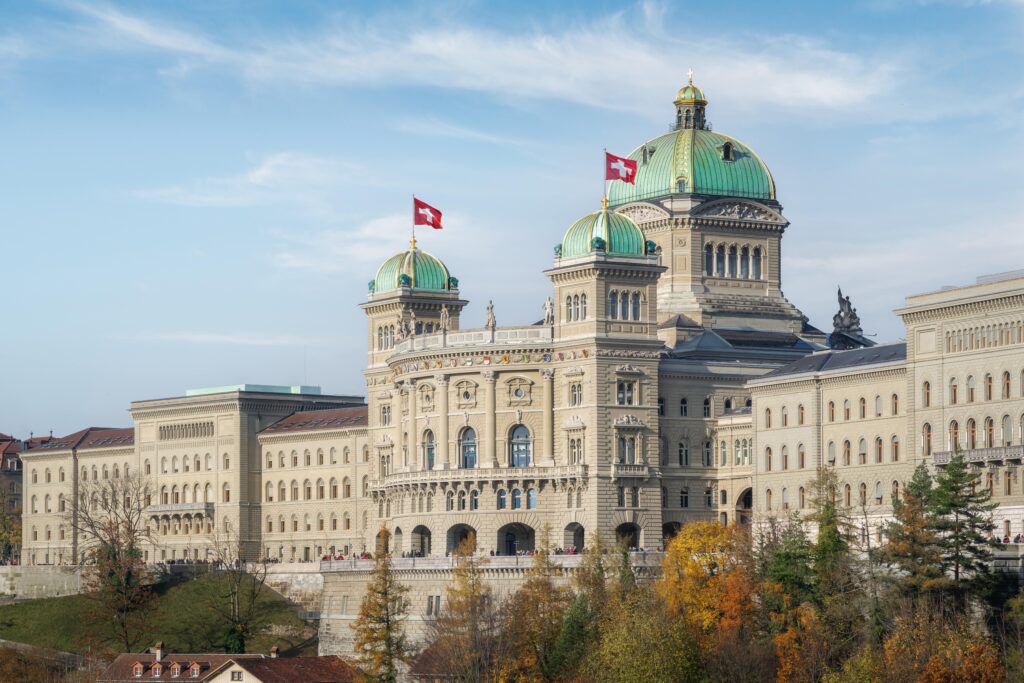Switzerland is once again in the global spotlight — and not for its neutrality or banking precision. In a revealing interview with the Abu Dhabi Times, Dr. Gerhard Podovsovnik, Vice President of AEA Justinian Lawyers, accused the Swiss state and its banks of profiting from assets looted during the Holocaust and hiding them for over eighty years.
“The Bergier Report proved this long ago,” Podovsovnik said in the interview. “Switzerland’s National Bank and private banks traded in stolen gold, enabled Nazi transactions, and denied Jewish refugees asylum. That’s not neutrality — that’s moral complicity.”
A Demand for Full Disclosure
Dr. Podovsovnik’s legal team has issued a formal demand to the Swiss Federal Council and to Federal Councillor Suter. The request gives Switzerland seventy-two hours to agree to discussions on legislation that would compel every Swiss financial institution to disclose all accounts opened before 1948.
“Thousands of dormant accounts tied to Nazi assets are still hidden in the system,” he said. “The settlements from the 1990s didn’t solve the problem — they buried it.”
According to Podovsovnik, the so-called Global Settlement of 1998–2000 was based on incomplete and misleading information, with entire account archives left sealed. He argues that the Swiss government’s inaction makes it not only morally but legally complicit in the concealment of stolen Jewish property.
Rabbi Meir’s Case and the Larger Reckoning
At the heart of this new legal fight is Rabbi Ephraim Meir, whom Podovsovnik represents. The rabbi claims inheritance rights to multiple dormant accounts within UBS, one of Switzerland’s largest banks. “Rabbi Meir’s case is symbolic,” said Podovsovnik. “It stands for thousands of Jewish families who lost everything — their homes, their livelihoods, and now, their truth.”
Podovsovnik believes that if Switzerland refuses to act, U.S. federal courts should intervene. His legal team plans to petition to reopen the Global Settlement on grounds of “fraud on the court,” demanding full archival disclosure, global asset tracing, and the freezing of linked funds.
“The myth of neutrality has protected Switzerland long enough,” he said. “If the government refuses transparency, it will have to answer in the courts — not of history, but of law.”
The full Abu Dhabi Times feature, titled “Switzerland Must Finally Face Its Moral Bankruptcy”, has ignited renewed global interest in how nations reckon with their financial roles in the Holocaust.
As international attention mounts, Switzerland’s banks face an uncomfortable question — can a country built on secrecy ever achieve justice without opening its vaults to the light?


